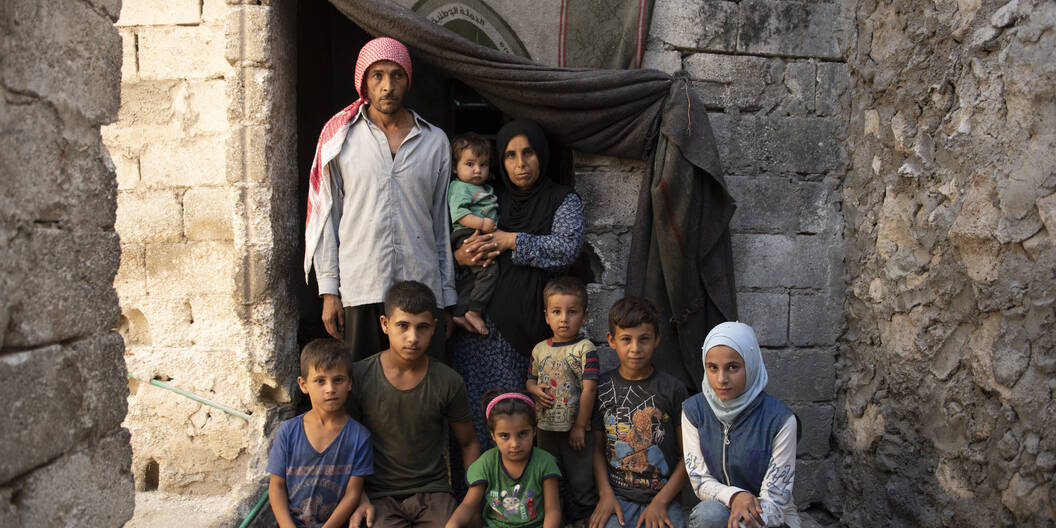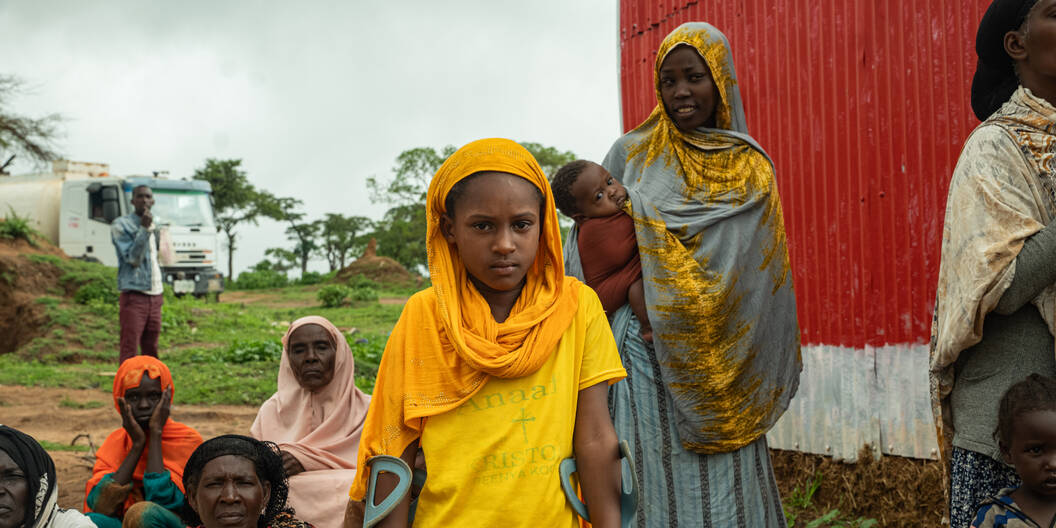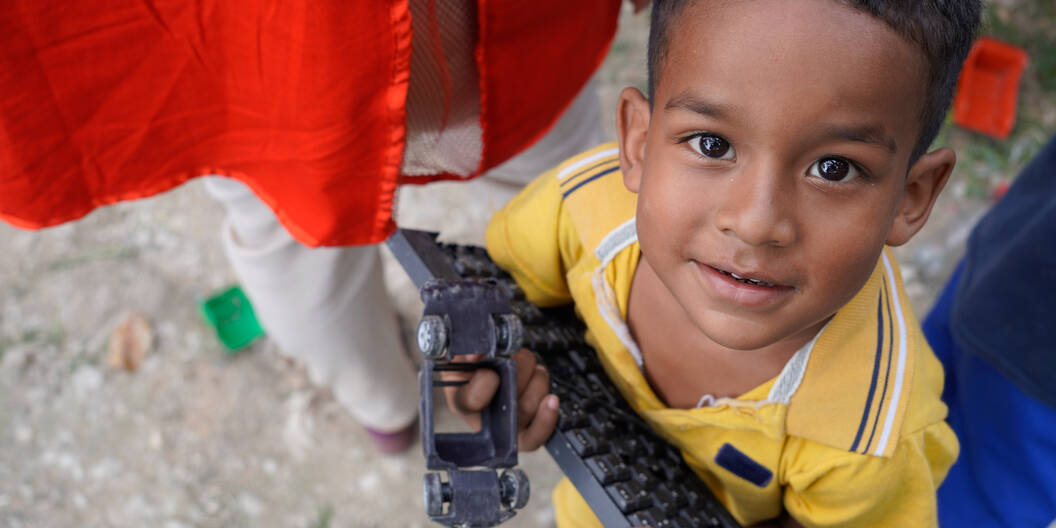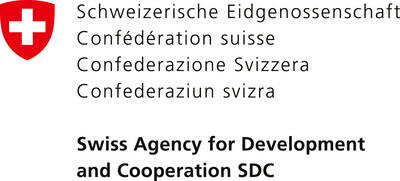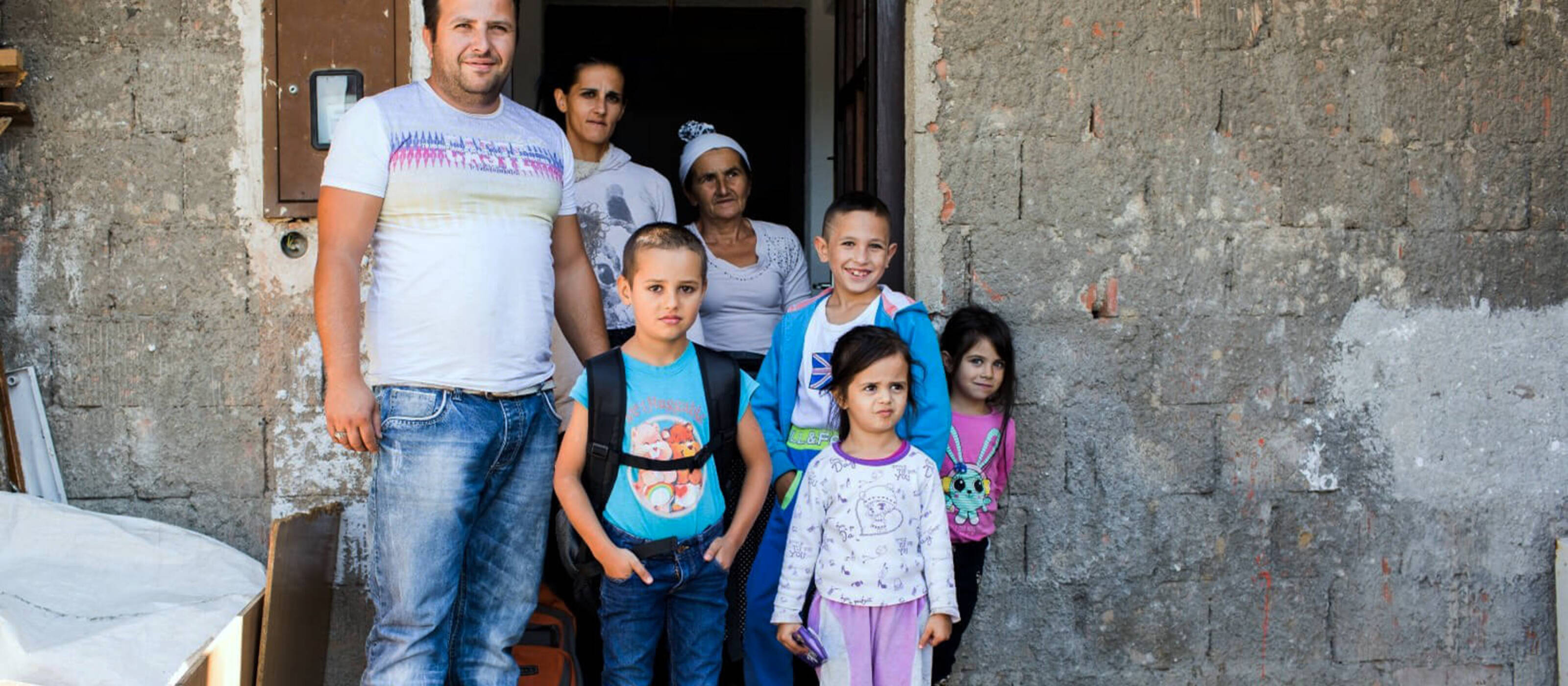

Social inclusion against poverty and marginalisation of Roma and other disadvantaged groups (IASI)
Project in Bosnia-Herzegovina
-
Overview
Theme
Income
Budget
3'652'669 Swiss francs
Duration
01.10.2021 - 31.12.2026
Project area
Municipalities of Kakanj and Bijeljina in Bosnia and Herzegovina
Target groups
Roma and other disadvantaged population group
Project number
P210053
Project in detail
Further projects Commitment to a world without poverty
The project is funded by:
- SDC
- Government of the Principality of Liechtenstein
- National Ministry for Human Rights and Refugees
- Municipality of Bijeljina
- Municipality of Kakanj
